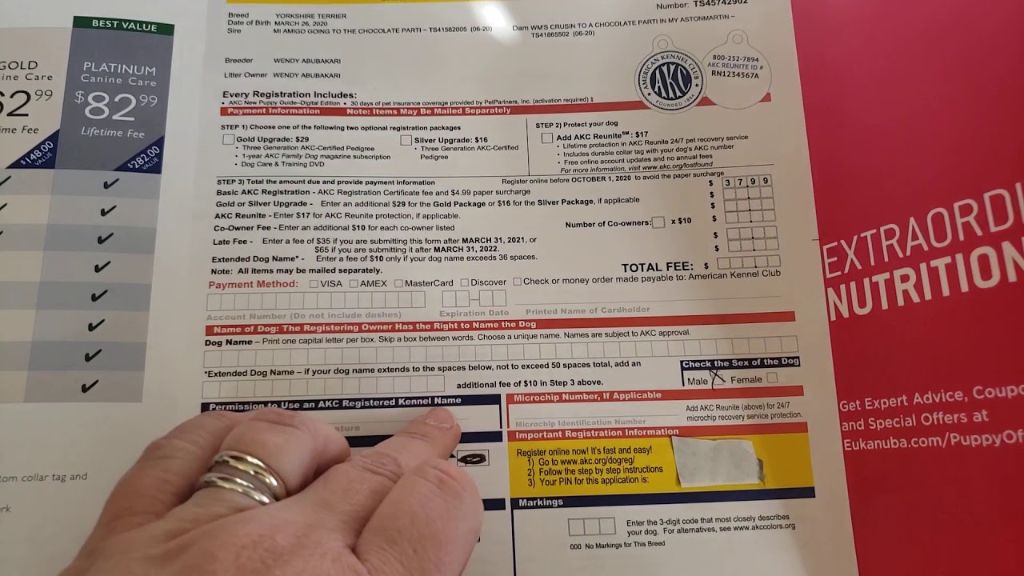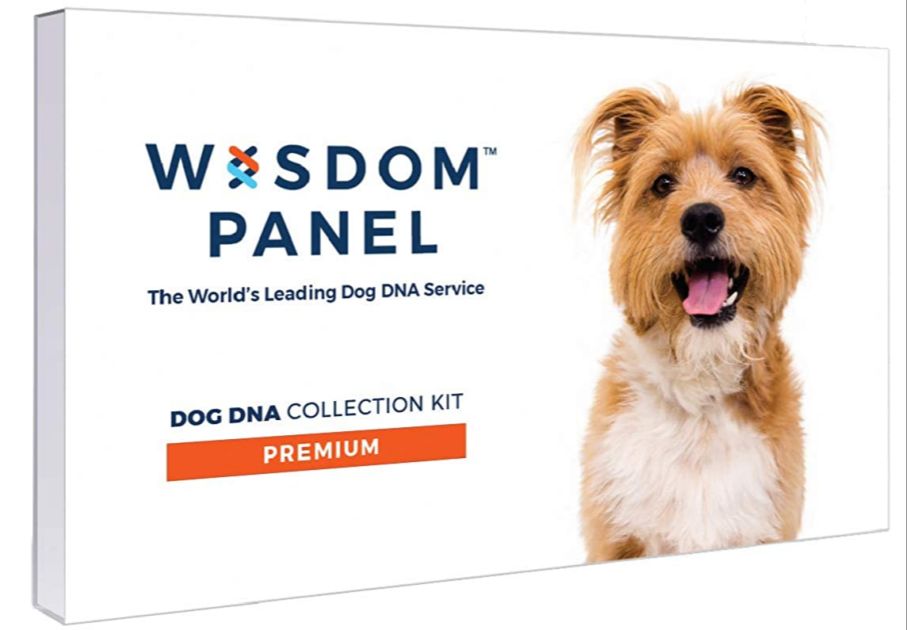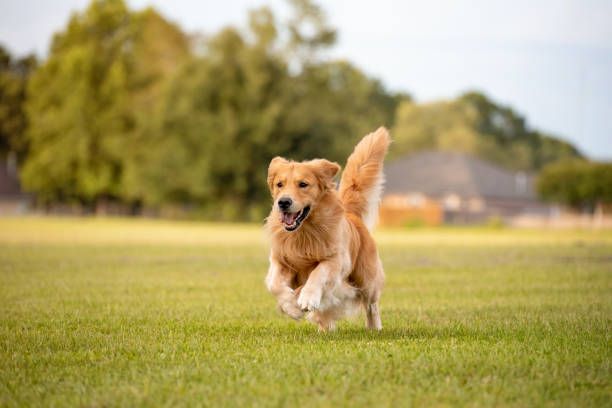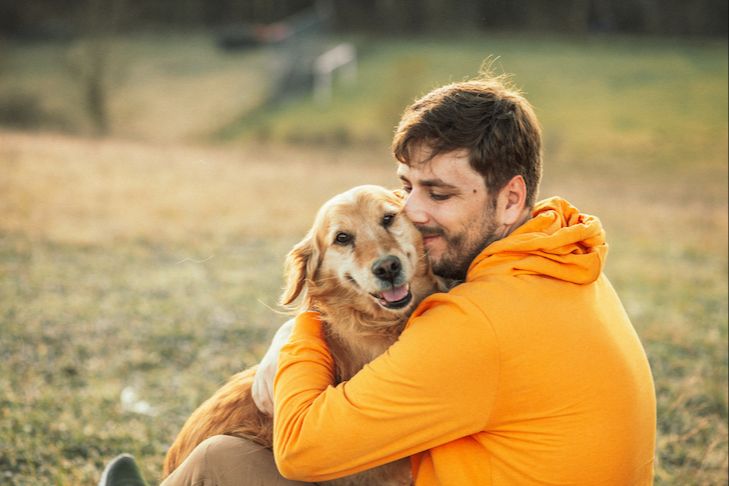What Does It Mean for a Dog to Be Papered or Unpapered?
Papers refer to the official pedigree registration that a purebred dog receives from a kennel club or breed registry. A “papered” dog has an official pedigree with documented ancestry showing its purebred status, while an “unpapered” dog does not have registration papers verifying its breed lineage (https://pets.thenest.com/difference-between-papered-nonpapered-purebred-dogs-11571.html).
Kennel clubs like the American Kennel Club (AKC) maintain breed registries and issue registration certificates, known as “papers,” for purebred dogs. These papers certify and document a dog’s purebred status, ancestry, and conformance to breed standards. They list details like the dog’s registered name, date of birth, breeder, and several generations of parentage. Dogs without an official pedigree from a recognized kennel club are considered “unpapered,” even if they are full-blooded members of their breed.
In short, “papers” refer to a dog’s official registration and lineage documentation from a kennel club. A “papered” dog has a verified purebred pedigree, while an “unpapered” dog does not have registration papers documentings its ancestry and breed purity, even if the dog is technically purebred.
The Purpose of Dog Papers and Pedigrees
Pedigrees and registration documents, commonly referred to as “papers,” serve an important purpose for purebred dogs. They provide a record of a dog’s ancestry, health, and lineage. A pedigree traces a dog’s family tree, showing the ancestry and linebreeding of a dog back several generations. This allows breeders and owners to make informed choices about breeding dogs based on their pedigree and health history.
According to the article Importance of Pedigree, pedigrees reveal invaluable information about genetic diseases and disorders that may be passed down through generations. Along with a pedigree comes access to health clearances for hips, elbows, eyes, and genetic defects. Without pedigree papers and registration, there is no official record of a dog’s lineage or health history.
The pedigree registration process involves registering a dog with a major kennel club like the AKC. This provides verification of a dog’s purebred status and lineage. Pedigrees help ensure responsible breeding practices and enable owners to verify that a dog is not a result of inbreeding. According to the Institute of Canine Biology, a pedigree shows a dog’s genetic history and relationships with all members of its breed. For many breeders and owners, having an official pedigree is essential.
The Process of Registering a Dog with a Kennel Club
Registering a dog with a major kennel club like the American Kennel Club (AKC) serves to record and verify the dog’s pedigree. The typical process involves submitting an application and providing documentation about the dog’s lineage going back several generations. Requirements vary slightly between kennel clubs but generally include:
- Proof of ownership and identification details like microchip or tattoo
- Information about the dog’s parents, grandparents, etc. going back 3+ generations. This requires having the ancestor dogs’ registration papers.
- Photos of the dog from various angles
- A registration fee, such as $35 for the AKC
For AKC registration, owners must mail or submit the completed application online along with the required documents and photos. Registration can take 6-8 weeks for processing. Once complete, the AKC issues a pedigree certificate confirming the dog’s purebred status. Similar registration processes apply for other major kennel clubs like the United Kennel Club (UKC) or Canadian Kennel Club.
Without a complete pedigree history, registration becomes challenging or impossible. This is why rescuing or adopting an adult “unpapered” dog of unknown origins can make obtaining legitimate registration papers difficult.

Sources:
Challenges of Papering an Adult Unpapered Dog
Papering an adult dog with an unknown history can pose some unique challenges. Unlike a puppy purchased directly from a breeder, adult rescue dogs have often moved through multiple homes or shelters, with little documentation of their ancestory or lineage. Without pedigree papers from a kennel club like AKC, definitively proving a dog’s purebred status becomes difficult.
For adult dogs of unknown origin, DNA breed testing may provide some clues about the dog’s breed makeup but does not guarantee purebred status on its own. As the AKC notes, “A DNA profile is not considered proof of breed lineage or pedigree” (source). DNA tests can identify key breed signatures in a dog’s genetic code but may miss rare breeds or provide inconclusive results.
Even with DNA evidence suggesting a particular breed, kennel clubs will still want to see proof that the dog meets the physical breed standard through photographs and perhaps an in-person evaluation. This may be challenging if the dog has unknown parentage or does not fully conform to the written standard. Owners will likely have to go through alternative registry options that provide limited registration.
While papers provide valuable insight into breed history, they are not required for responsible pet ownership. Focusing on health, training, and providing a loving home are most critical for mixed breed or unpapered dogs. Despite the challenges, owners of unpapered dogs have options to get some documentation of their pet’s background and breed type.
DNA Testing for Unpapered Dogs
DNA tests can be a useful tool for estimating the breed makeup of an unpapered dog when pedigree information is unavailable. There are a number of dog DNA tests on the market that examine a dog’s genes to predict their ancestry and breed mix. Some popular options include tests from companies like Embark, Wisdom Panel, and HomeDNA (https://homedna.com/category/pets).

These dog DNA tests work by looking for genetic markers associated with different breeds. The tests scan the dog’s DNA for thousands of genetic markers and compare them to a proprietary database of breed-specific markers developed by the company. Based on the dog’s unique genetic signature, an ancestry report is generated that provides an estimate of the primary and secondary breeds in the dog’s genetic makeup.
While DNA tests cannot provide official proof of a dog’s pedigree like registration papers can, they can provide helpful insight into the likely breed ancestry of a dog with unknown origins. This can help owners and veterinarians better understand possible health conditions and traits the dog may exhibit based on their genetic heritage.
However, the accuracy and consistency of DNA breed tests has been questioned, especially when testing mixed breed dogs. Results can sometimes vary between different test brands depending on their breed databases (https://www.akc.org/breeder-programs/dna/dna-resource-center/conditional-registration/). So DNA tests may be most useful for getting a general sense of a dog’s breed makeup rather than an exact science.
Limitations of DNA Breed Tests
While DNA testing can provide valuable insights into a dog’s ancestry, they have important limitations to keep in mind. DNA tests are not officially recognized as a substitute for proper breed registration papers and pedigrees from major kennel clubs like the AKC. According to one study, some DNA breed test results can be inaccurate and depend heavily on the company’s breed signature database.
DNA tests only examine a small portion of the dog’s genetic makeup to match against breed signatures in their database. The algorithms used to interpret breed are proprietary and lack transparency. Testing companies frequently update their breed databases and algorithms, which can change a dog’s results upon re-testing. DNA cannot always reliably determine complex breed mixes several generations back.
For purebred dogs seeking official registration papers, DNA testing alone will not suffice. The dog’s parents must be registered with a major kennel club and proper documentation provided. While DNA tests can provide some useful supplemental information, they do not carry the validity of official registration papers when formally documenting a dog’s breed background.
Alternative Dog Registries
There are several alternative registries besides the AKC that may be able to register mixed breed or unpapered dogs.
One option is the Continental Kennel Club (CKC), which offers mixed breed registration for unpapered dogs. The CKC has more relaxed registration rules and standards compared to the AKC. To register with the CKC, owners must complete an application, which includes a description of the dog’s characteristics and color photos. There is a registration fee.
Another alternative registry is the AKC Purebred Alternative Listing (PAL) program. This allows unregistered dogs of registrable AKC breeds to participate in some AKC events. Requirements include photos, veterinarian certification of breed, and DNA profile. There are limitations compared to full AKC registration.
The Dog Registry of America, Inc. (DRA) also offers registration services for unpapered purebred and mixed breed dogs. The DRA has less strict standards than the AKC and focuses more on responsible dog ownership.
While alternative registries can provide documentation for unpapered dogs, they have less stringent breed verification processes than the AKC. But they offer options for owners seeking basic pedigree records for their dogs.
Purposes Served by Papering a Dog
One of the main reasons owners may choose to paper their dogs is to participate in certain dog sports and competitions where registration papers are required for entry. For example, dogs must be registered with a major kennel club like the AKC in order to compete in AKC-sanctioned events like dog shows, obedience trials, agility trials, tracking tests, and more. Having registration papers validates the dog’s breed and provides proof of pedigree, which allows them to be judged against the official breed standard. This gives owners of papered dogs the opportunity to earn titles and championships in various canine sports.
Outside of competition, registration papers also facilitate breeding by providing documentation of the dog’s ancestry. Reputable breeders require papers to ensure they are breeding quality purebreds. For owners who want to breed their dog, having papers is usually a necessity in finding appropriate mates within the breed. Overall, dog registration papers serve to validate pedigree and enable participation in activities where breed validity is essential.
Making the Most of an Unpapered Dog

While papers provide lineage and breed history, they don’t define a dog or determine how good of a pet they can be. Here are some tips for owners of unpapered dogs to train, care for, and enjoy their pet:
- Attend obedience classes for socialization and training. All dogs benefit from proper socialization and basic commands.
- Provide adequate exercise based on age and breed. An active lifestyle keeps any dog happy and healthy.
- Feed a high-quality diet suited for their life stage. Proper nutrition supports development and long-term health.
- Give them plenty of love and mental stimulation. Cuddle time and games strengthen your bond.
- Take them for regular vet checkups. Preventative care is crucial regardless of papers.
- Consider having them spayed/neutered. This controls unwanted litters and has health benefits.
- Get pet insurance. It helps budget for surprise illnesses or injuries.
- Microchip and register your pet. It will help identify them if lost.
- Focus on responsible ownership. Papers don’t define love and care.
While pedigree papers provide insight into your dog’s ancestry, they don’t determine their potential as a beloved pet. With proper care and training any dog can live a happy and fulfilled life.
The Most Important Thing is Responsible Ownership
Whether a dog is papered or unpapered, the most important factor in its wellbeing is having a responsible owner. As this article points out, responsible pet owners ensure their dogs’ basic needs are met including proper nutrition, shelter, exercise, affection, and veterinary care. Papers and pedigrees do not determine how much a dog is loved or cared for.
While some feel that pet ownership is equivalent to slavery, the reality is that responsible pet owners provide their dogs with a good life while respecting their autonomy as living beings. As Mahatma Gandhi said, “The greatness of a nation and its moral progress can be judged by the way its animals are treated.” Responsible owners treat their dogs, papered or not, with compassion and seek to meet their physical and emotional needs.
The most rewarding human-canine relationships are built on mutual love and respect, not papers. An unpapered dog who is responsibly cared for can lead a happy and fulfilled life. As an owner, focus on your dog’s health, happiness, and wellbeing first and foremost.

